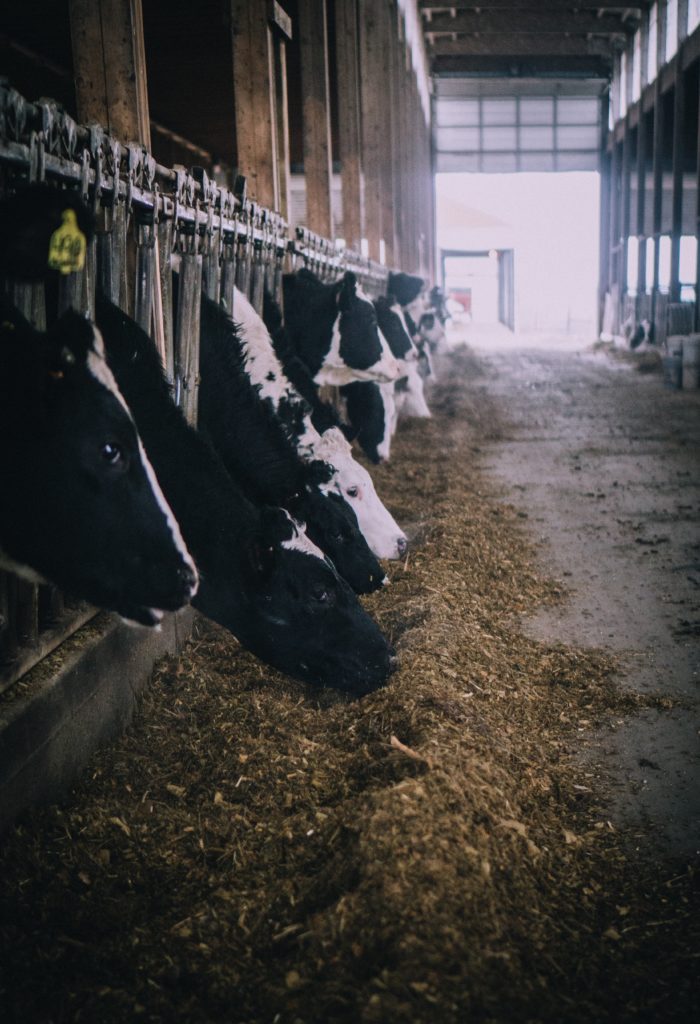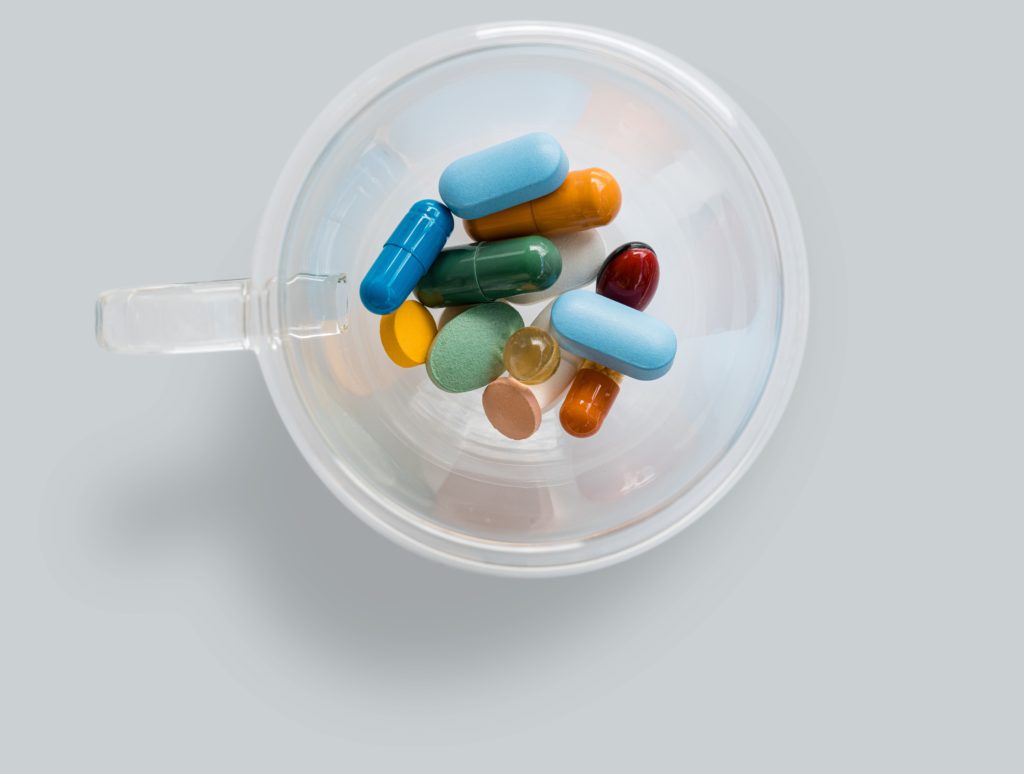Last year, I had a friend abandon his vegan diet for the sake of obtaining vitamin B12 from “natural sources.” He didn’t think it was right, or natural, to have to supplement anything in his diet. His philosophy was that humans should be able to get every vitamin and nutrient we need through our food. He has always had a simple, whole-foods approach to eating, something I always admired. But after almost ten years of veganism, he began to feel extremely weak, as he refused to take B12 supplement. He was convinced that eating meat was the solution.
This definitely was a head scratcher for me. While I don’t condone eating meat, I do agree that we need B12, as in my first year of becoming vegan I became so tired I could barely stand. I crawled to the store and within hours of taking the supplement, I felt rejuvenated. So for someone whose philosophy is not to supplement or eat fortified foods, what were his options?
His argument has stayed with me throughout the year. I think of it every morning when I take my B12 spray. Over this past year I’ve done some personal research about B12 around the question of: If a vegan diet is indeed how humans were intended to eat, why would we need to supplement anything? How did our ancestors survive without science to develop supplements? Personally, I don’t mind supplementing if it means saving an animal. The origination of the diet doesn’t bother me, because I know being vegan means helping our planet. Plus, I feel great.
But for those who aren’t sympathetic to animals or to our planet’s ecological crisis, they need something more—for lack of a better word—meaty. In the case of my friend, who wanted to avoid “unnatural” supplementation, he fell short of reasons why he should stay vegan, when in less than ideal health.
It’s often a vegan activist’s approach to launch into how veganism was the original diet for our ancestors. But meat eaters often have the complete reverse argument. Who’s telling the truth? Well technically, it’s both of them.

So here’s the clincher: All B12 comes from bacteria found in places like soil that have a large concentration of bacteria. It doesn’t originate in animals—although they do have the gastrointestinal fermentation process that supports vitamin B12 growth. Cow’s meat was originally high in B12 because they grazed outside on grass that is, of course, grown in soil. They were therefore consuming bits of soil along with the grass. And unlike humans, no, they didn’t wash their produce. So with the amounts they took in, their digestive process multiplied the vitamin into larger amounts. Hence, beef being high in B12.
The funny part, and when I say funny I mean tragically sad, is that what we feed cows these days is super low or absent in B12, having grown in infertile soil or being genetically modified. So now, cows are missing the vitamin in their diet. And guess what that means? They are given supplements.
Oh the irony, I can hardly stand it.
What’s interesting is that some plants do contain vitamin B12. Some algae, like nori seaweed, naturally contains B12. And so do some mushrooms like Black Trumpet, Golden Chanterelle and Shiitake that contain significant levels of the vitamin.

So cows contain B12, plants contain B12, supplements contain B12. Why not eat the meat? The other equally funny part is that 98% of B12 humans ingest from animal sources is excreted in our waste, due to much of the vitamin being incompatible for absorption within the human body. By choosing to eat beef for B12, people still end up with a vitamin B12 deficiency. A large percentage of the general population—40% of Americans by some estimates—has been found to be deficient in B12.
In terms of health, why else shouldn’t we eat meat? Eating meat increases our risk for cancer and tumor growth. It also increases TMAO, a substance that leads to the injury of our blood vessel lining and the increase of cholesterol plaque.
We live in a world where we no longer have to eat animals to get the vitamins and nutrients we need to survive and live a healthy, vibrant life. Science has enabled us to supplement what we lack—this is true for vegans and non-vegans alike. And you can bet we are all lacking some nutrient in our diets. Just because we can eat meat, doesn’t mean we should. If I have to supplement my vegan diet to stay alive, and while doing so help the longevity of our planet, I’ll choose to supplement every time.
__
Photo: Niescoiruk, Kipp, Ridley, Stagner





